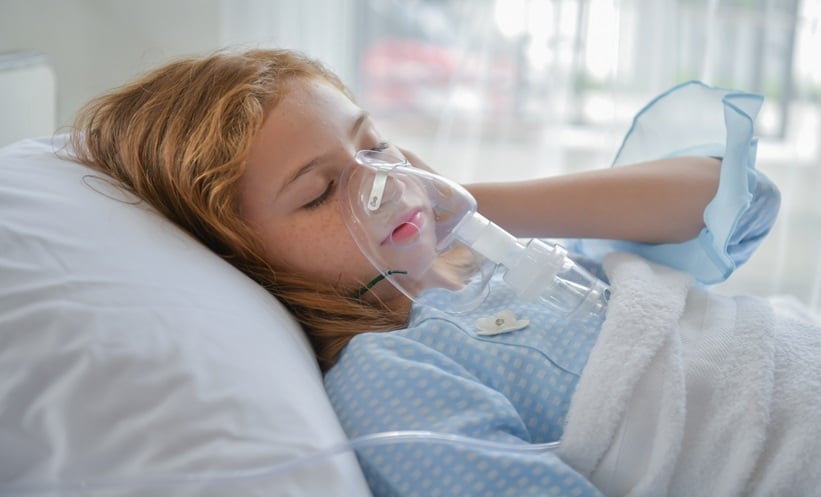PEDIATRIC Inflammatory Multisystem Syndrome Temporally Associated with SARS-CoV-2 (PIMS-TS), a severe inflammatory condition linked to COVID-19, has shown decreasing severity over successive pandemic waves, according to new data from Germany. A nationwide survey spanning from March 2020 to April 2023 has shed light on how SARS-CoV-2 variants of concern (VOCs) influenced the clinical presentation and outcomes of this condition in children.
The study included 920 pediatric cases from German hospitals and one Austrian facility. Researchers assessed clinical symptoms, laboratory findings, imaging, treatments, and outcomes to analyze trends across the Wildtype, Alpha, Delta, and Omicron waves. Key findings revealed a marked decline in the severity of PIMS-TS as new variants emerged. Indicators such as intensive care unit (ICU) admission rates and acute clinical presentations consistently decreased.
Interestingly, age emerged as a significant factor in disease severity. Older children experienced more severe and acute PIMS-TS, regardless of the COVID-19 variant involved. However, they had a lower likelihood of developing coronary aneurysms, a serious complication often associated with the syndrome.
The findings suggest that the evolution of SARS-CoV-2 variants was associated with a milder course of PIMS-TS over time, likely reflecting broader changes in viral behavior, population immunity, or public health interventions. The study underscores the importance of continuing to monitor the impacts of COVID-19 variants on pediatric populations.
For healthcare providers, these results emphasize the need for age-specific strategies in diagnosing and managing PIMS-TS. Older children, while facing more acute disease, may require tailored approaches to mitigate complications.
As the COVID-19 pandemic transitions into its endemic phase, understanding how variants affect pediatric inflammatory syndromes will remain a priority for clinicians and researchers alike. This evolving data offers valuable insights for optimizing care and outcomes in young patients.








